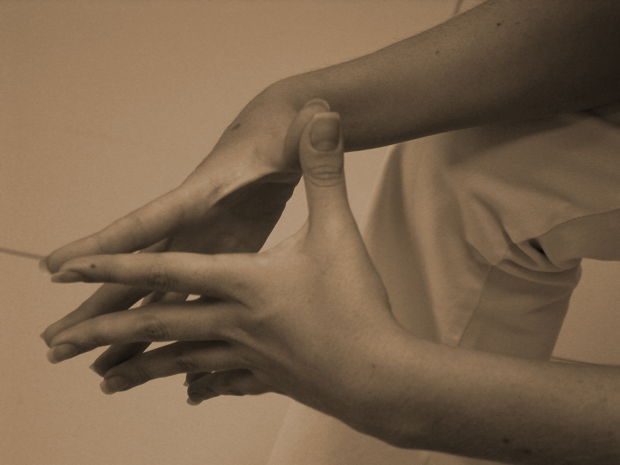A large part of my early church memories include me putting three quarters into my church’s pink tithe envelopes to cover the tenth of the $7.50 I had been paid to mow my Grandmama’s lawn. Tithing was a discipline my parents introduced me to at a very young, impressionable age. Inspired by the philosophy of “He who is faithful with a little will be faithful with a lot” (Luke 16:10), my parents wasted no time training me in (and modeling) tithing even when the absolute amount was tiny. This non-negotiable approach to designating a percentage of my income to the church has stuck with me all the way to adulthood. I am forever grateful to them for helping me make this a deeply ingrained habit. Even in near-disastrous financial situations, it never entered my mind to stop tithing. Although I’m far from wealthy, by the grace of God I am debt-free and my basic needs are more than covered.

Photo: obraprima
I wish that generosity was limited to financial giving, because I have never found letting go of my money (perhaps because I have never had much!) a particularly troublesome spiritual discipline. There have been times when it has been difficult to be a cheerful giver, yet financial generosity for me has mostly been a solid, painless habit. Children in a Haiti need my help? Done! My local church takes up a love offering for a sick member? I’m on it!
But finances are only one piece of generosity. Cancel my plans to Netflix-binge to be a shoulder for my friend to cry on after a difficult break-up? Wait, what?... Oh no, no. I’ll pay your bills this month, but how dare you ask for my time!
So there it is. I am stingy. Not with my money, but with something far more precious to me — my “me time.” With one hand I unhesitatingly throw money at a project to build a well in a town of people I will never meet, while the other hand is pressing “dismiss call” when I know it’s an upset friend on the phone.
There is a place of course for quiet reflection in solitude. Alone time may even be necessary for us to re-fuel in order to increase our capacity to pour back into others. Jesus regularly withdrew to pray (Luke 5:16), sometimes going to great lengths to avoid the harried crowds and even his own disciples. Yet Jesus was not a monk. He did not spend the last three years of his life isolated in his prayer room. His alone time seemed to be intentional and temporary. Like breathing, he would steal away for time with the Father — inhale — then return to minister, teach, heal, and love — exhale.
Jesus’s “me time” wasn’t really me time at all. It was time spent pursuing and communicating with the Father so that he could fulfill his purpose for life on earth. Yet even with these reasonable, pure, selfless, and spiritual reasons to retreat, Jesus still sometimes denied himself the solitude to engage with harassed and desperate crowds of people. Matthew 14:13-14 says, “Now when Jesus heard this, he withdrew from there in a boat to a desolate place by himself. But when the crowds heard it, they followed him on foot from the towns. When he went ashore he saw a great crowd, and he had compassion on them and healed their sick.”
The life of Jesus is challenging my indulgent introversion in two ways. First, I am being challenged to stop the “me time” that is purposeless and wasteful (Netflix, I’m looking at you!). Second, I am challenged to use my treasured private time to temporarily re-charge, refresh, and renew. The life of Jesus has shown me how withdrawing can be a great spiritual discipline, as long as this alone time isn’t used as an excuse to disengage from the problems of the world and people — those annoying, harassed, and desperate needy people — that Jesus gave his life for. Instead, my alone time should be used as an opportunity to engage with God.
Financial giving is necessary but not sufficient to live a life of generosity. Being generous also involves my time. Just like it’s fine to spend enough money on myself to buy food and shelter, it’s also okay to create space in my life to communicate with God so that I can thrive spiritually and have something beautiful to offer to other people. But ultimately, my life and all that I am isn’t really mine to begin with. Jesus laid down his physical life for the world — for those that loved him, for those that hated him, and for those who didn’t even know him yet. Then he tells us, “Follow me.” If Jesus’s life wasn’t his own — is mine?
Do I have the right to do what I want with my money and time? Maybe...but following Jesus demands that I willingly lay down my rights that the world may know him. My life is not my own. I was bought with a price. Let my choices about how I direct my resources — both money and time — reflect this truth.